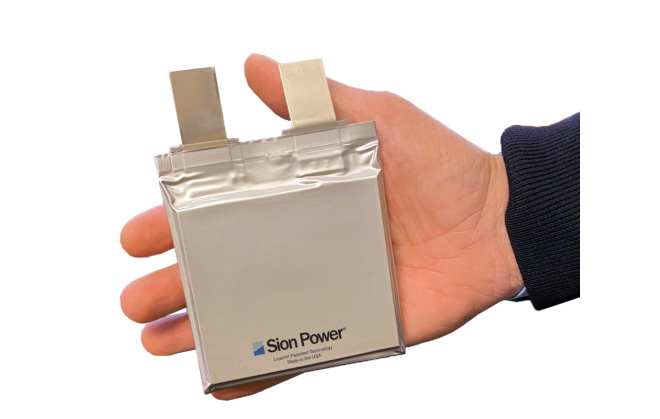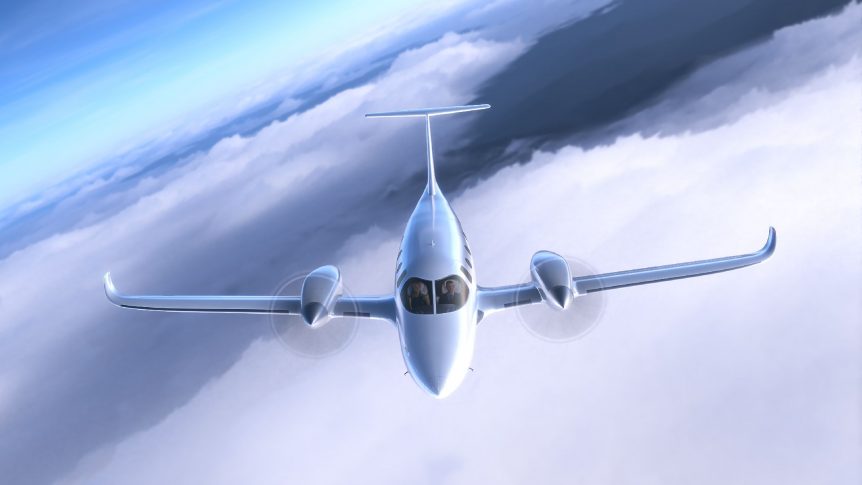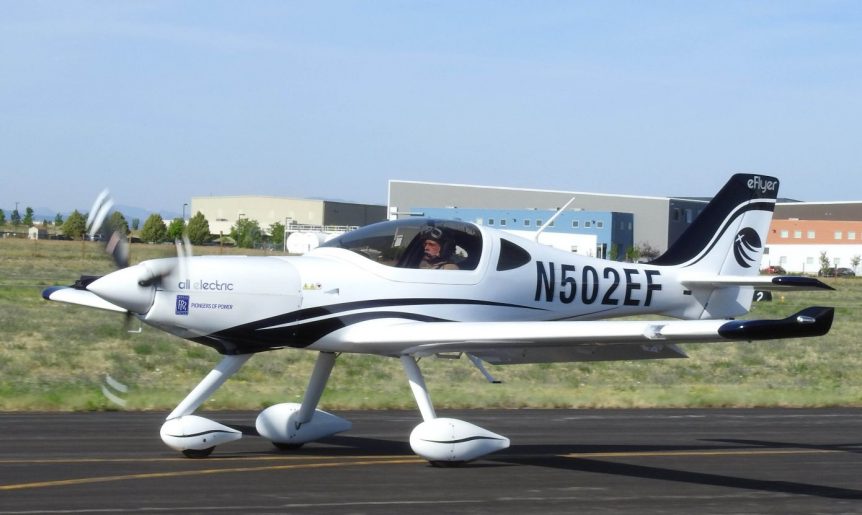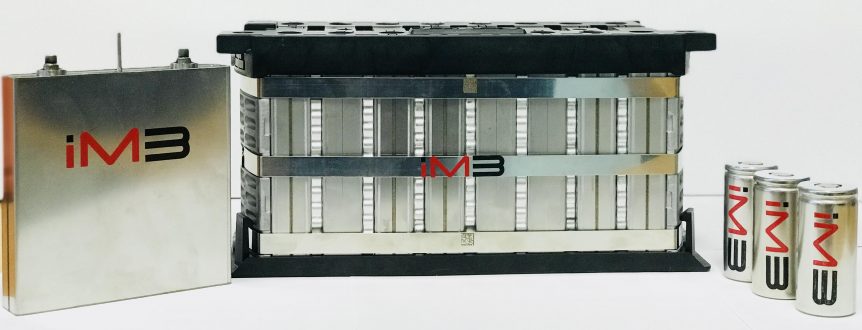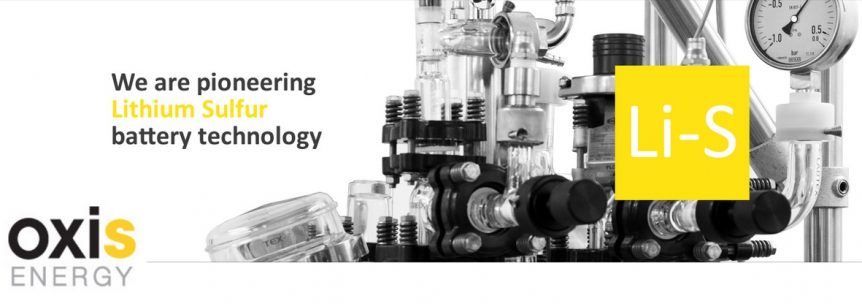Announcing pending bankruptcy last week, Oxis Energy surprised those of us who did not see the impending problem. One major supporter of Oxis is George Bye, because his eFlyer line of aircraft were all slated to fly on their power. Contacted through company Vice President Diane Simard, Bye issued the following statement: “Bye Aerospace’s eFlyer 800 program remains on track,” said George E. Bye, CEO of Bye Aerospace. “We continue to support Oxis Energy, their lithium-sulfur cell technology, leadership, team and owners. These types of transitions occur in every industry.” Other batteries may wait in the wings, so to speak. Oxis prefaced its web site with the following announcement: “OXIS Energy Limited is in administration. Simon Girling and Christopher Marsden were appointed Joint Administrators of the Company on 19 May 2021. Simon Girling is authorized to act in the UK as an Insolvency Practitioners by the Insolvency Practitioners Association. Christopher Marsden is authorized to act in the UK as an …
Bye, Oxis, Safran Create Electric Business Liner
Bye Aerospace, Oxis Energy and the Safran Group have introduced an, “Eight-seat all-electric twin turbo-prop class airplane, the eFlyer 800™.” It’s a fascinating combination of new airframe, new batteries, and new motors. An American airplane powered by English batteries and propelled by French motors will be an international accomplishment, to say the least. The Airplane Maybe not coincidentally with Earth Day, Forbes magazine ran the following introduction. “Bye Aerospace has announced an eight-seat all-electric twin turbo-prop class airplane, the eFlyer 800™, in response to growing demands for regional all-electric airplanes with significantly reduced operating costs, plus increased capacity and utility.” The craft, roughly equivalent to a Beechcraft King Air 260 in every respect except range, will be a fully-electric luxury machine capable of carrying one or two pilots and up to seven passengers. Cruising at up to 320 knots (368 mph) at 35,000 feet would make quick business of its 500 nautical mile (575 statute mile) range. It will have …
Bye Aerospace Expands Its Horizons
Bye Aerospace has been making inroads into both battery development and flight training with partners on an international scale. Alliance with Oxis Energy As reported in July, Bye Aerospace and OXIS Energy announced a collaborative program to achieve a 50-to 100-percent increase in flight time from a single charge compared to existing batteries. On its web site, OXIS reveals that it is, “…developing a <30 kWh battery system integrated with an Aviation Battery Management System for a two-seater electric passenger aircraft.” The partnership, “…seeks to achieve a 50% to 100% increase in flight time from a single charge on future Bye Aerospace eAircraft,” with cells exceeding 500 Watt-hours per kilogram at 20 Amp-hour capacity. This will lead to weight reduction and increased flight duration. Quantum Air, OSM and Bye Form a Synergistic Enterprise Quantum Air is a short-range carrier with a mission. “Our mission is simple and prevalent throughout our brands. To change the way people travel through cutting-edge …
The C4V Battery – Solid-State in Production?
Jeffrey Engler of Wright Electric posted an item about Charge CCCV, LLC (C4V) which “demonstrated a prototype of its new Solid State Battery (SSB) at the NY BEST 2018 Fall Conference in New York. The Company’s SSB solution delivers higher performance, higher density, lower cost batteries that promise to require significantly less charging time than others.” The startup announced a 380 Watt-hour-per-kilogram battery already in production. Since your editor tends to become a bit snarky about the usual two-to-five-year period of anticipation before these numbers become reality, he rushed to check out the claims. Plausible Numbers, but Uncertain Time Frame The firm’s numbers are not wildly excessive, and they seem to be getting funding and finding partnerships with established companies. The video is not great proof of anything other than that a metal box with the company’s logo exists. Their web site gives credibility to their ability to produce actual batteries. According to C4V, “Approximately 80% of the cost to …
Oxis Energy Hits a Lithium-Sulfur Battery High
That near-mythical 10X (of current lithium cells’ energy density) battery hangs out there on the distant horizon, promising automobiles that can exceed 1,000 miles range, or light aircraft that can carry four at Cessna-like distances. Right now, we have two-place trainers good for an hour’s laps around the circuit, and the hope for improvements soon. OXIS Energy, a UK-based company, has achieved 425 Watt-hours per kilogram at the cell level, and looks to go higher in the near future. Lithium-Sulfur – A Worthy Alternative? Promoters of lithium-sulfur batteries suggest their products have several desirable characteristics and performance boosts that may transcend the limits of lithium-ion cells. Sion Power, for instance, claims availability of their Licerion battery with an even better 500 Watt-hours per kilogram and 1,000 Watt-hours per liter. On the same track, OXIS Energy has announced they have a demonstrated 425 Wh/kg cell, expected to rise to 450 Wh/kg by the end of the year and to 500 by …
Bosch Doubles Down on Solid-State Batteries
Bosch, the German electronics giant, is making a strong showing at the Frankfurt Motor Show (IAA), and showing off its solid-state Li-ion battery technology. It recently acquired Seeo, Inc., an American startup that has been developing such a battery for several years, and will add Seeo’s research to its own expertise and exclusive patents. Encouragingly, the company says it will be able to double the energy density of Li-ion batteries while cutting prices by half. Perhaps discouragingly, Bosch says this will take until 2020 to bring to production. Green Car Congress quotes Dr. Volkmar Denner, chairman of the board of management for Robert Bosch GmbH, claiming a breakthrough. “Bosch is using its knowledge and considerable financial resources to achieve a breakthrough for electromobility. Solid-state cells could be a breakthrough technology. Disruptive start-up technology is meeting the broad systems knowledge and financial resources of a multinational company.” Coupling the acquisition with its 30 production projects “related to electromobility,” Bosch has been …
400 Watt-Hours per Kilogram by 2014
On its web site, the company boasts, “OXIS Energy is leading the World with its latest cell Energy Density and Capacity,” and proceeds to announce that it’s “developed its largest Lithium Sulfur cell achieving in excess of 300 [Watt-hours per kilogram]. This outperforms Lithium ion technology that has dominated the performance battery market for many years. In addition OXIS has achieved an increase in cell capacity to a 25 Amp-hour (Ah) cell – a world first.” They’re working toward a 33Ah cell. Claiming a twelve-fold improvement in the last 18 months, OXIS, a British battery manufacturer, says it has the confidence to “achieve a cell capacity of 33Ah by mid 2015.” The firm has hopes of energy densities “in excess of 400Wh/kg by the end of 2016 and in excess of 500Wh/kg by the end of 2018.” This doubling of energy density over the best of available lithium-ion batteries now would make the 175-mile-range Nissan Leaf a reality, and bring …
Oxis Energy and Lithium Sulfur Batteries
Taking one last look at 2011’s fifth annual Electric Aircraft Symposium, your editor regrets the fits and starts in its coverage. Next week, we’ll begin looking at the extraordinary presentations from this year’s gathering. Huw W. Hampton-Jones from Oxis Energy, a British company developing a Lithium Sulfur battery, claimed his firm’s “technology is based around the use of Lithium Sulphur to produce batteries which are superior in terms of energy, weight, cycle life, costs, ageing and safety.” Lithium sulfur is well known in military circles for providing primary (non-rechargeable) power to field operations. Perlan I flew with SAFT 5590 primary batteries, partly because of their superior energy density compared to lithium-ion cells, and partly because of their greater resistance to thermal runaways, or self-igniting fires sometimes seen in lithium batteries. Weight was a significant concern on this high-altitude craft. When working on the fringes of the battery selection effort for Perlan II, headed by Einar Enevoldson, James Murray and Eric …

